Isn’t it a bit early to be thinking about Ramadan, I hear you ask? Well, the Sahabah would pray to reach Ramadan and begin preparing for it a whole six months in advance! Once they reached the month, they would give it their all and then ask Allah (subhaanahu wa ta’aala) to accept it from them for another six months. It was as if their whole year revolved around Ramadan.
Let’s dive in.

Ramadan is the ninth month of the lunar calendar. It’s a month in which Muslims reconnect with their Lord through fasting, as well as other devotional acts.
Fasting involves abstaining from food, drink and marital relations between sunrise and sunset. It’s one of the five pillars of Islam, which together hold up a Muslim’s faith.
Allah (subhaanahu wa ta’aala) obligated the Muslims to fast after revealing the following verse in the Holy Quran:
يَٰٓأَيُّهَا ٱلَّذِينَ ءَامَنُوا۟ كُتِبَ عَلَيْكُمُ ٱلصِّيَامُ كَمَا كُتِبَ عَلَى ٱلَّذِينَ مِن قَبْلِكُمْ لَعَلَّكُمْ تَتَّقُونَ
“O you who have believed, decreed upon you is fasting as it was decreed upon those before you that you may become righteous.” (Surah Baqarah, verse 183)
Allah (subhaanahu wa ta’aala) has spread out seasons throughout the year in which Muslims can reconnect with their Lord and gain His proximity.
The greatest of those seasons is the month of Ramadan. It’s a month in which Allah (subhaanahu wa ta’aala) increases for His servants in pardoning and forgiveness, glad tidings and happiness, and Divine pleasure and acceptance.
Good deeds are multiplied in reward, the gates of Hell are closed, and the doors of Heaven are flung open – allowing for the mercy of Allah (subhaanahu wa ta’aala) to descend upon us.
The first ten days are specifically designated for Divine Mercy, the second ten; are days of forgiveness, with the last ten are days of freedom from Hellfire.
In it is also the Night of Power (Laylatul Qadr). A night which is better than one thousand months! It is believed to be during the last ten days, in which Muslims worldwide increase in their worship and devotion, giving one last push before the month is out.
No doubt that fasting is one of the most beloved acts of devotion a Muslim can display before his Lord.
The Prophet Muhammad (sallallahu ‘alyhi wasalam) stated that Allah (subhaanahu wa ta’aala) Said:
“All the actions of the son of Adam are for him, except for fasting. Indeed, it is for Me, and I give reward for it.”
“The fasting person has two (moments of) joy: one when he breaks his fast, and the other when he meets his Lord.”
“By the One in Whose Hand is the soul of Muhammad, the foul smell that emanates from the mouth of the fasting person is more pleasant in the sight of Allah than the smell of musk.” (Bukhari)
Now that we know the significance of Ramadan and fasting, how do we ensure we’re prepared, and what else can we do this month?
Below we’ve listed a number of other devotional practices alongside fasting. We’ve also included top tips on how to familiarize yourself with them and give yourself a head start!
During the month of Ramadan we all know the exact time Maghrib enters – down to the second!
Fasting the entire day every day for a month can be a quite daunting thought. However, if we begin accustoming ourselves to fasting by keeping sunnah fasts, we’ll find our bodies a lot more adjusted before the month enters. This will allow us to focus more on other acts of worship and strengthening our connection with our Lord.
Some of the prophetic fasts are mentioned below:
Weekly Sunnah Fasts: Mondays and Thursdays
Monthly Sunnah Fasts: The White Days (Ayyaam al Beedh) – this consists of fasting the 13th 14th and 15th of each lunar month.
“The Messenger of Allah (sallallahu ‘alyhi wasalam) used to command us to fast the three days with the shining bright nights (Al-Ayyaam Al-Beedh), the thirteenth, fourteenth and fifteenth [of every lunar month]”. (Nasai)
Now that our bodies have become used to negating food and drink, we can focus our attention on nourishing our hearts and souls by engaging other acts of worship.

One of the main focuses during the month of Ramadan is the Quran – Afterall, it was in this blessed month that the Quran was first revealed to the Prophet Muhammad (sallallahu ‘alyhi wasalam).
شَهْرُ رَمَضَانَ ٱلَّذِىٓ أُنزِلَ فِيهِ ٱلْقُرْءَانُ هُدًى لِّلنَّاسِ وَبَيِّنَٰتٍ مِّنَ ٱلْهُدَىٰ وَٱلْفُرْقَانِ
“The month of Ramadhan [is that] in which the Quran was revealed, a guidance for the people and clear proofs of guidance and criterion.” (Surah Baqarah, verse 185)
The virtue of the Quran over other books is like the virtue of Allah (subhaanahu wa ta’aala) over His creation.
The one who recites it will find it interceding for them in front of Allah (subhaanahu wa ta’aala) on the day of judgement, as the Prophet (sallallahu ‘alyhi wasalam) stated in Sahih Muslim.
Many of us neglect this sacred book throughout the year and Ramadan is an opportunity to reconnect with the words of our Creator.
We may find our recitation to be out of touch after such a long time, so it’s important we reacquaint ourselves before the month settles in. Especially if we intend to complete an entire recital before the month is out.
Start by reciting a portion of the Quran every day, even if it’s just one page or even half. The main thing is consistency. Once you’re comfortable, you can work on slowly increasing the amount day-by-day until you reach Ramadan.
And for those who find reciting the Quran more difficult than others, here is a Hadith from the Prophet (sallallahu ‘alyhi wasalam) that will help motivate you:
“And as for the one who recites with difficulty, stammering or stumbling through its verses, then he will have TWICE the reward.” (Bukhari)
Tarawih is a Sunnah voluntary prayer consisting of 20 units, performed in the night after the ‘Isha prayer. It is generally offered in congregation in the Masjid, although praying individually in one’s home is also valid.
Typically, most Masjids will recite one Juz (chapter) of the Quran every night, finishing a complete recital over the course of the month.
Top Tip:
Take a bottle of water with you to the Masjid for Tarawih and take sips at regular intervals in order to rehydrate yourself after a long day of fasting!
Alongside Tarawih, try to maintain a night vigil (qiyaam al-layl) before Fajr enters. You can pray as little as 2 units of prayer (or a maximum of eight), when you get up for Suhoor to ensure you have your part in this great sunnah.
The Prophet Muhammad (sallallahu ‘alyhi wasalam) said:
“Whoever stands (in the voluntary night prayer of) Ramadan out of faith and in the hope of reward, his previous sins will be forgiven.” (Nisai)
Ramadan is also a month of giving. Whilst we fast throughout the day, it allows us to be mindful of the many blessings Allah (subhaanahu wa ta’aala) has showered upon us. It also gives us an insight into the everyday life of the millions of poor and destitute around the world.
Zakat al Fitr or Fitrana is an obligatory form of charity given to the poor at the end of Ramadan. It is to be paid before the Eid prayer so that the poor can also partake in Eid celebrations. It must be paid on behalf of every member of a household, including children and the elderly.
The Prophet (sallallahu ‘alyhi wasalam) said in regards to Zakat al Fitr:
“The fasting of the month of fasting will be hanging between the earth and the heavens and it will not be raised up to the Divine Presence without paying the Zakat al-Fitr.” (Nasai)
Don’t forget, good deeds are multiplied in this month so make sure to give regularly, even if it’s a small amount every day.
Ramadan is all about pleasing Allah (subhaanahu wa ta’aala). One way we can do this is by serving and being kind to his servants. Obey your parents, spend more generously on your children and loved ones, be good to your neighbors, smile more.
Help out in the local community and invite friends round for Iftar.
“Whoever feeds a fasting person will also receive a reward equal to that of the person he feeds, without causing him (the fasting person) any reduction.” (Ibn Majah)
So there we have it, a somewhat summary of Ramadan and its significance. We hope our tips will help you enhance your Ramadan this year. Remember, the main thing is to make a start, even if it’s small.
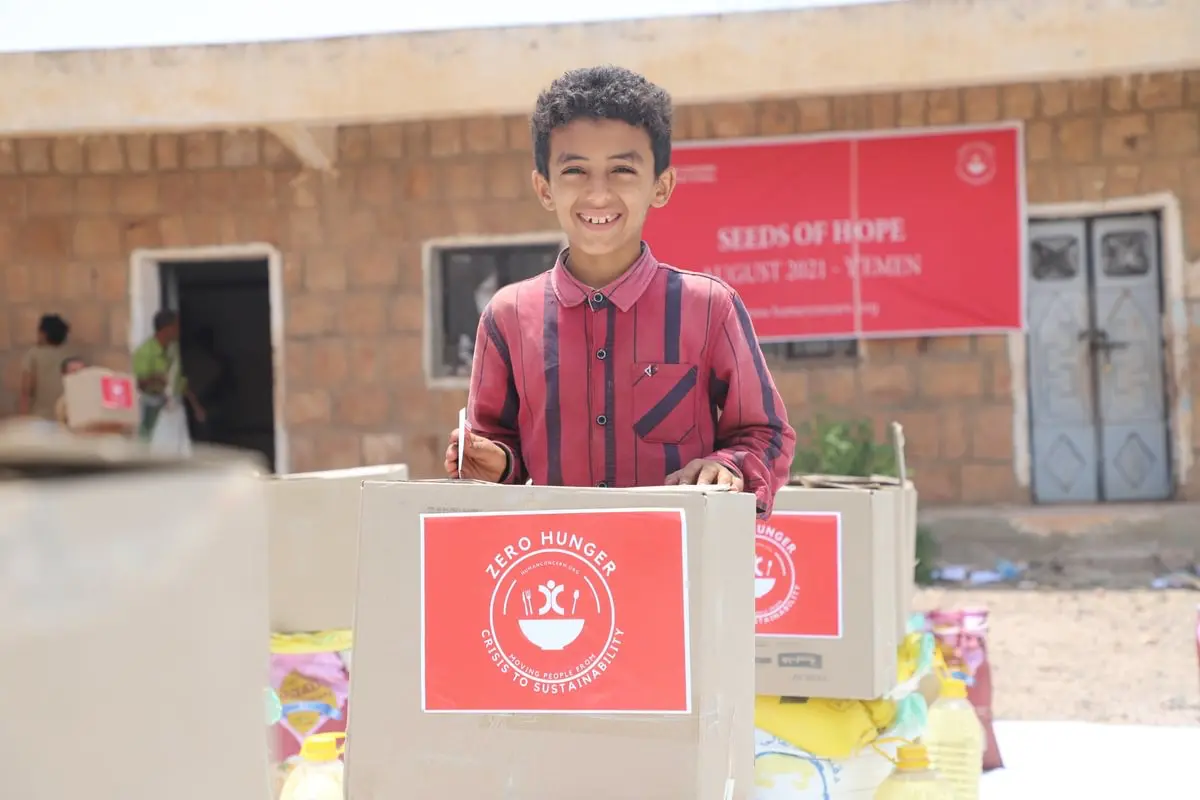
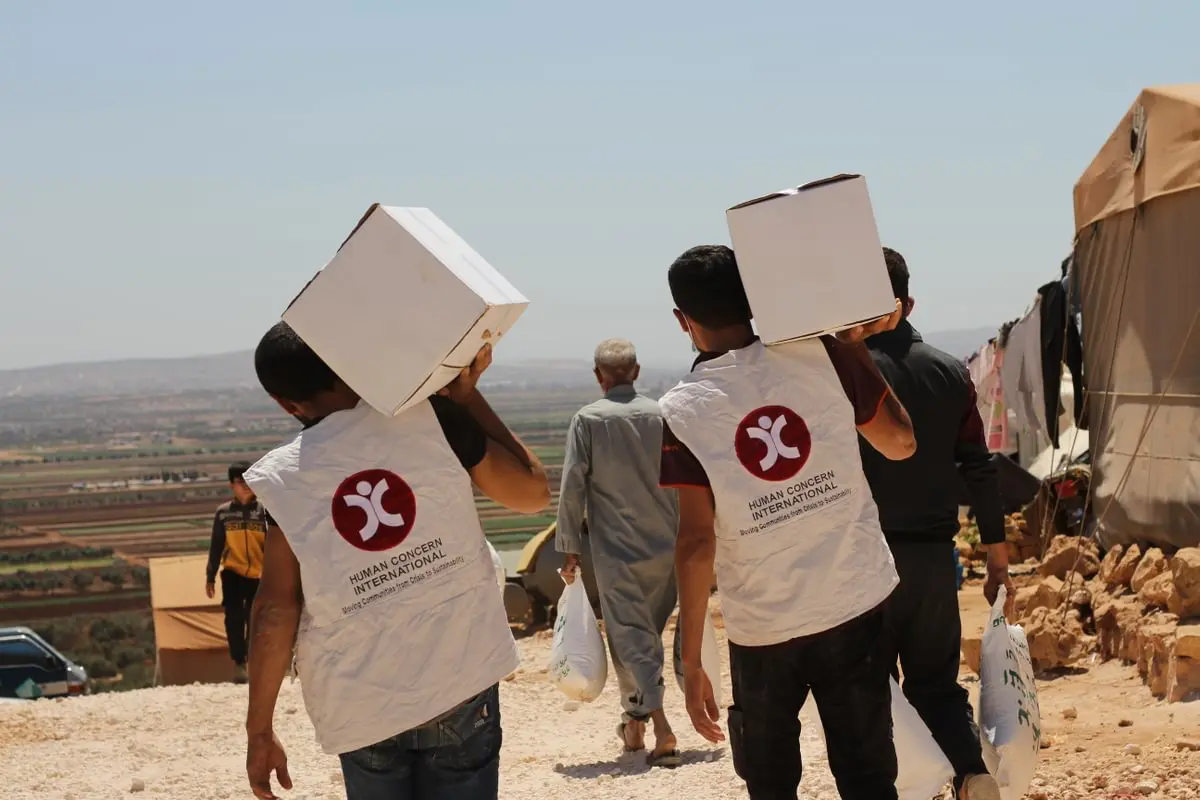
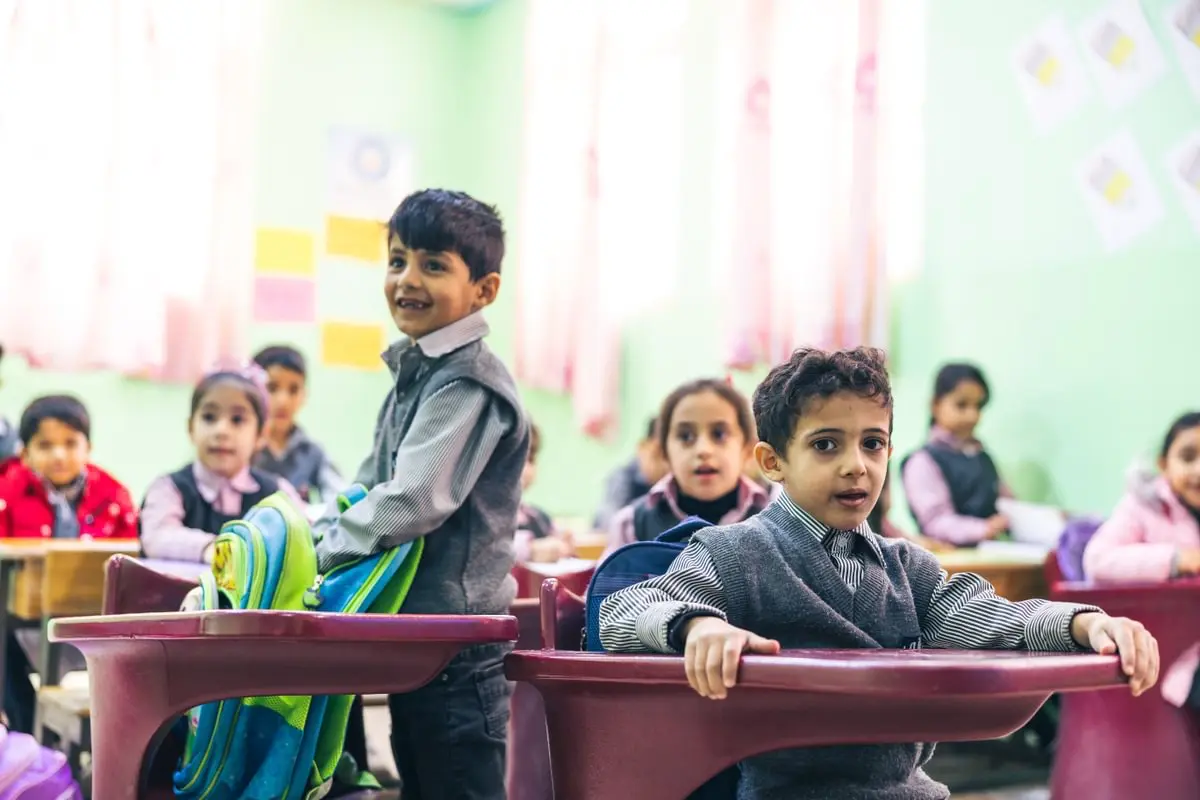
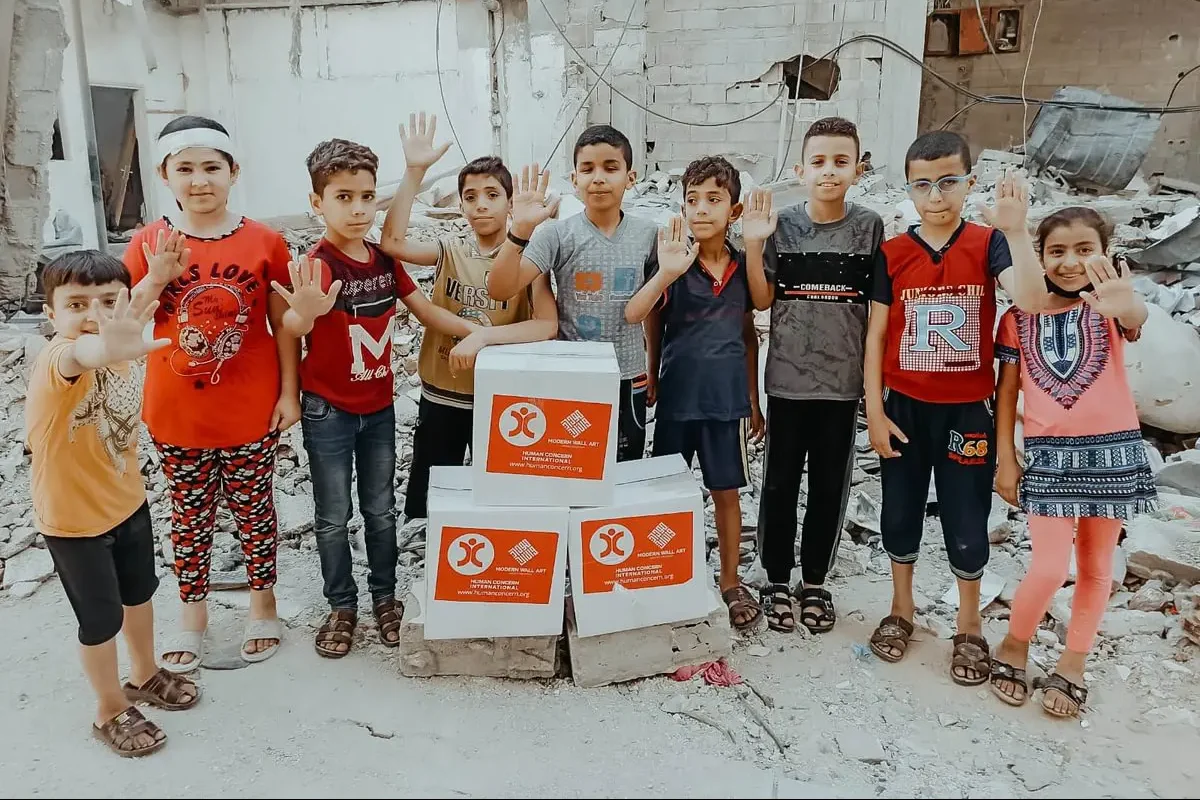
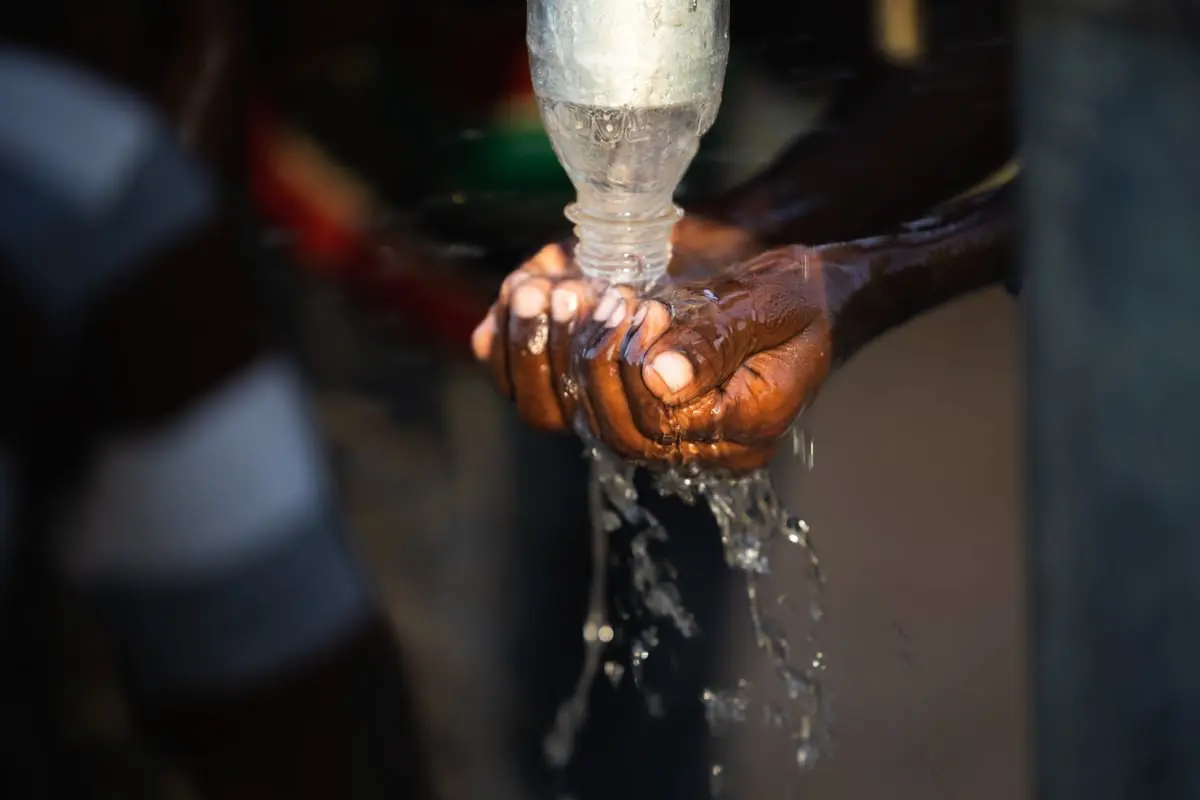
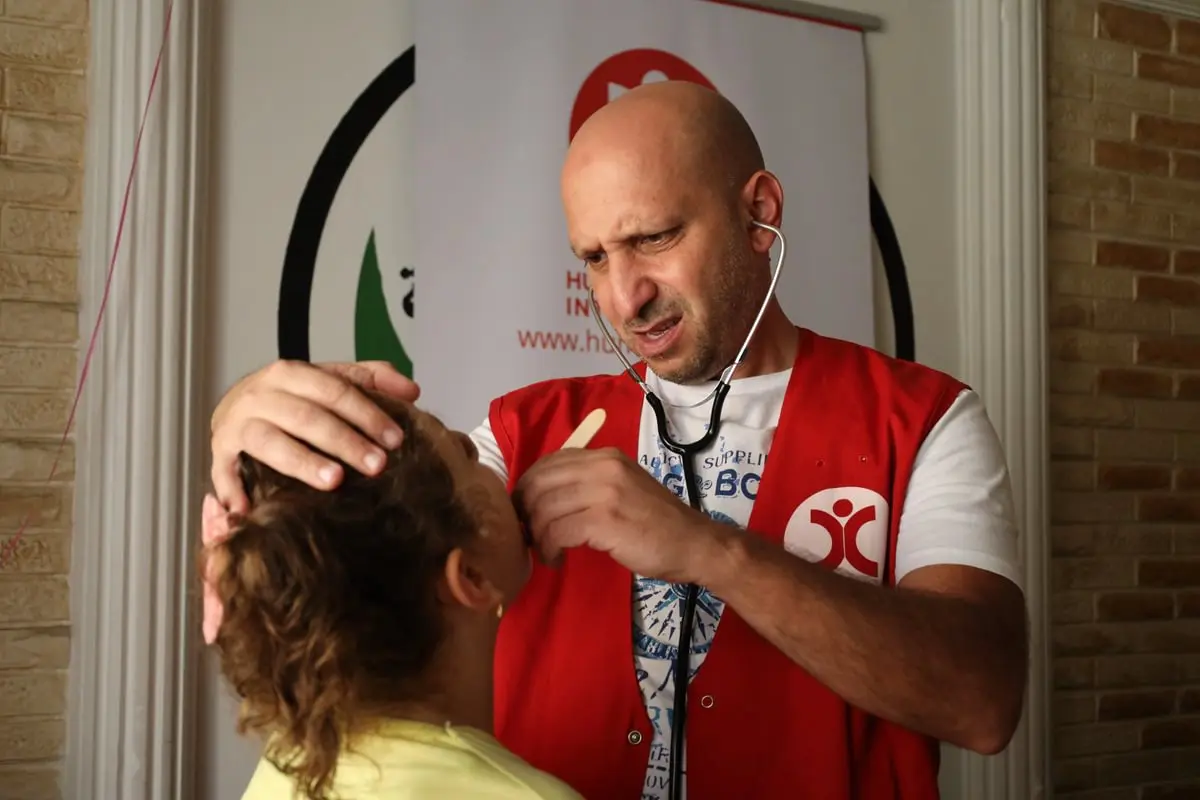
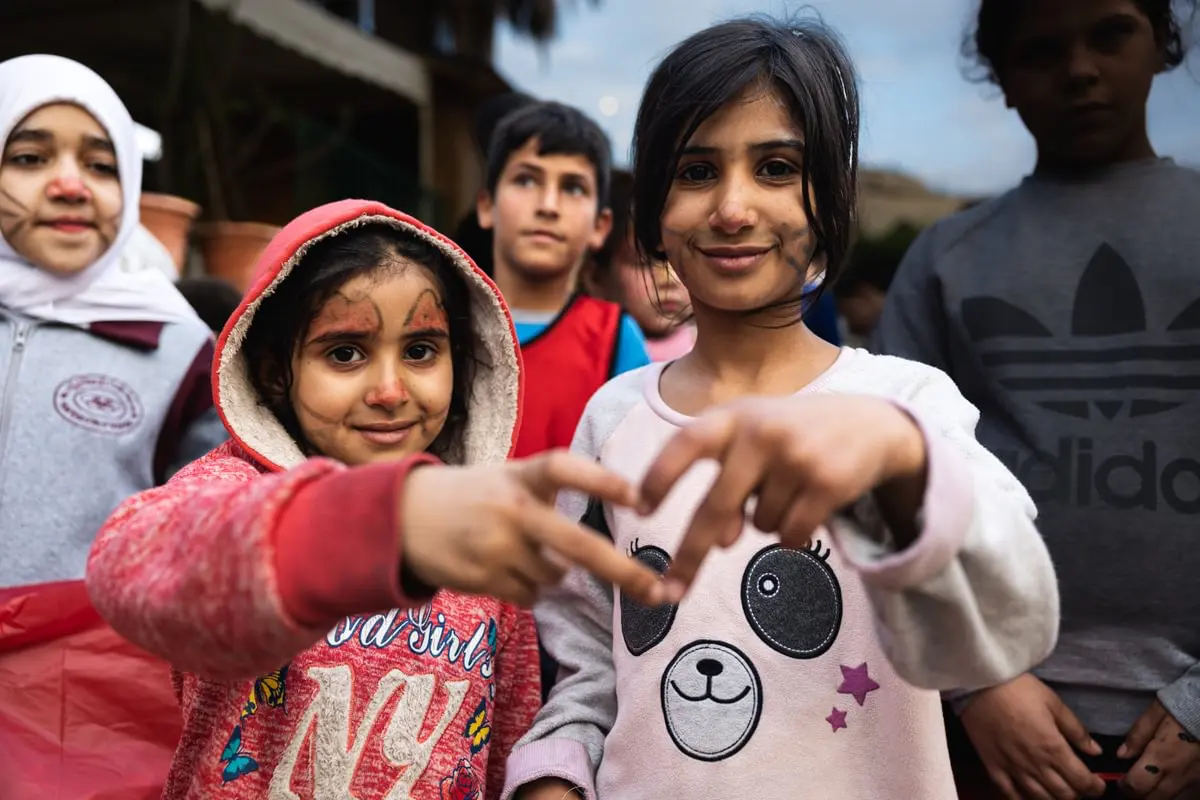
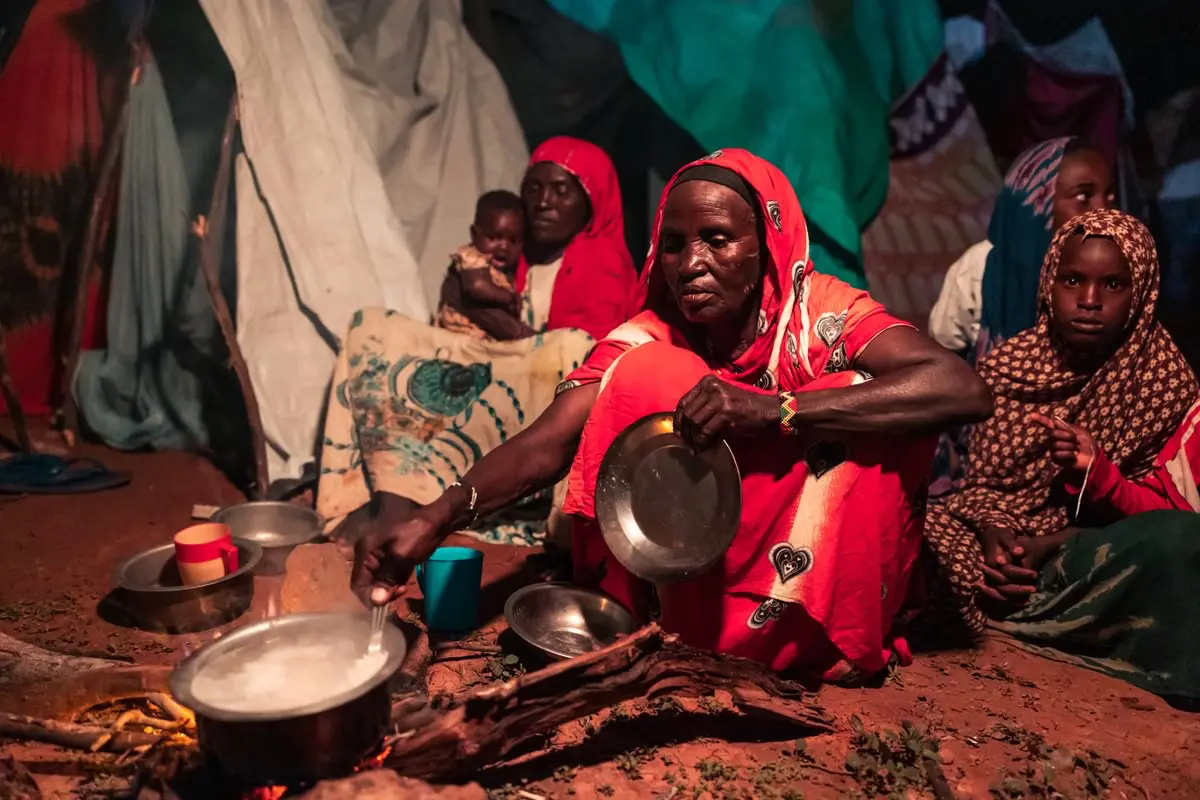
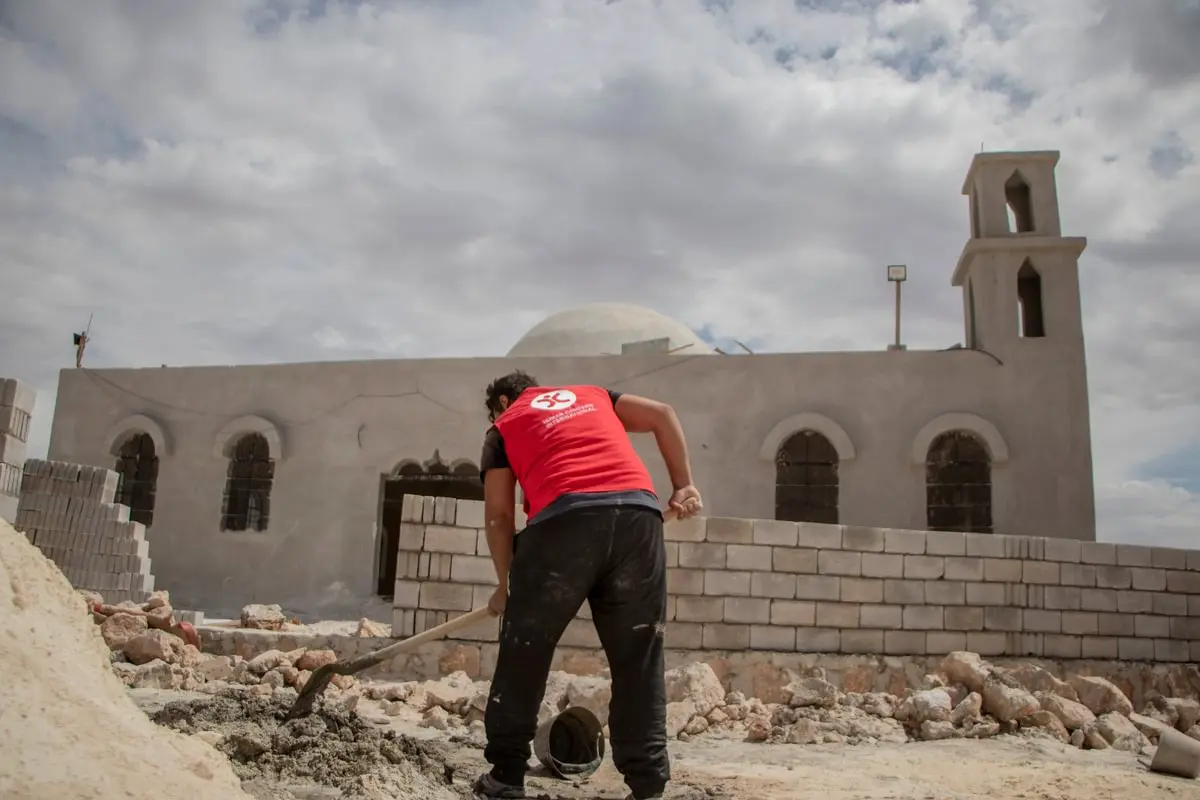
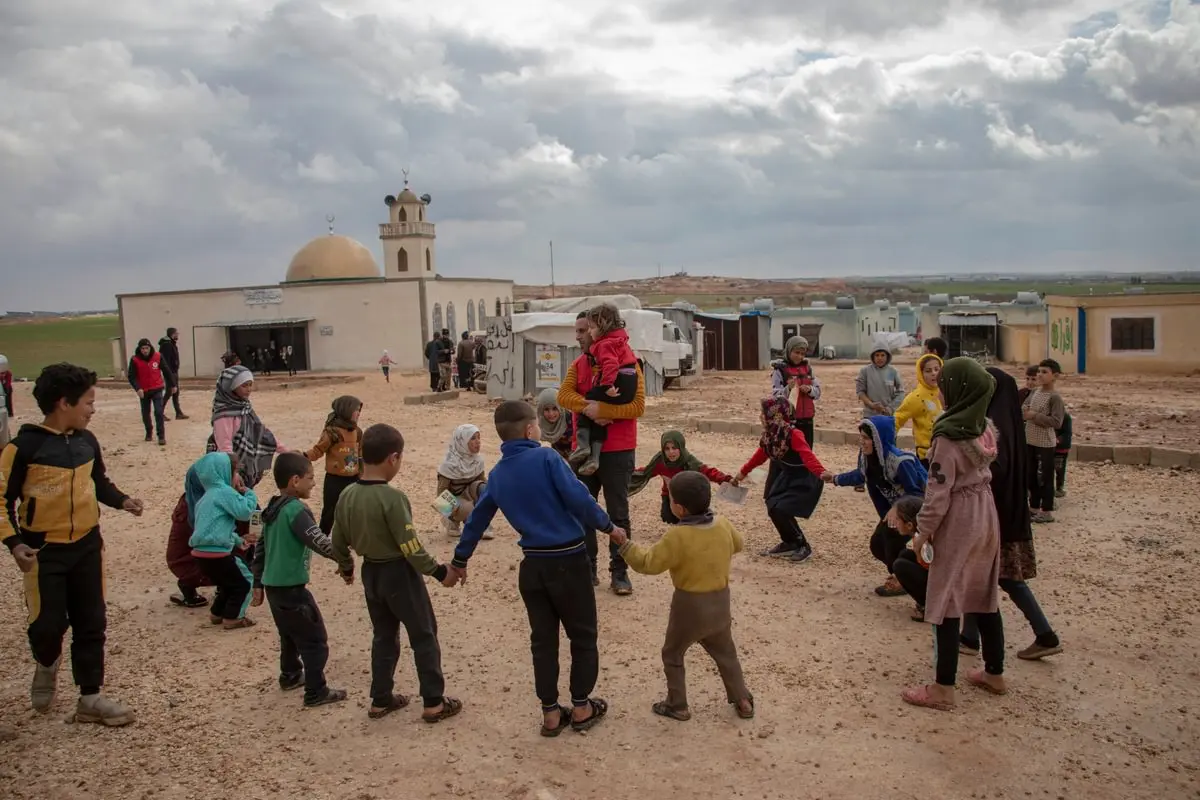

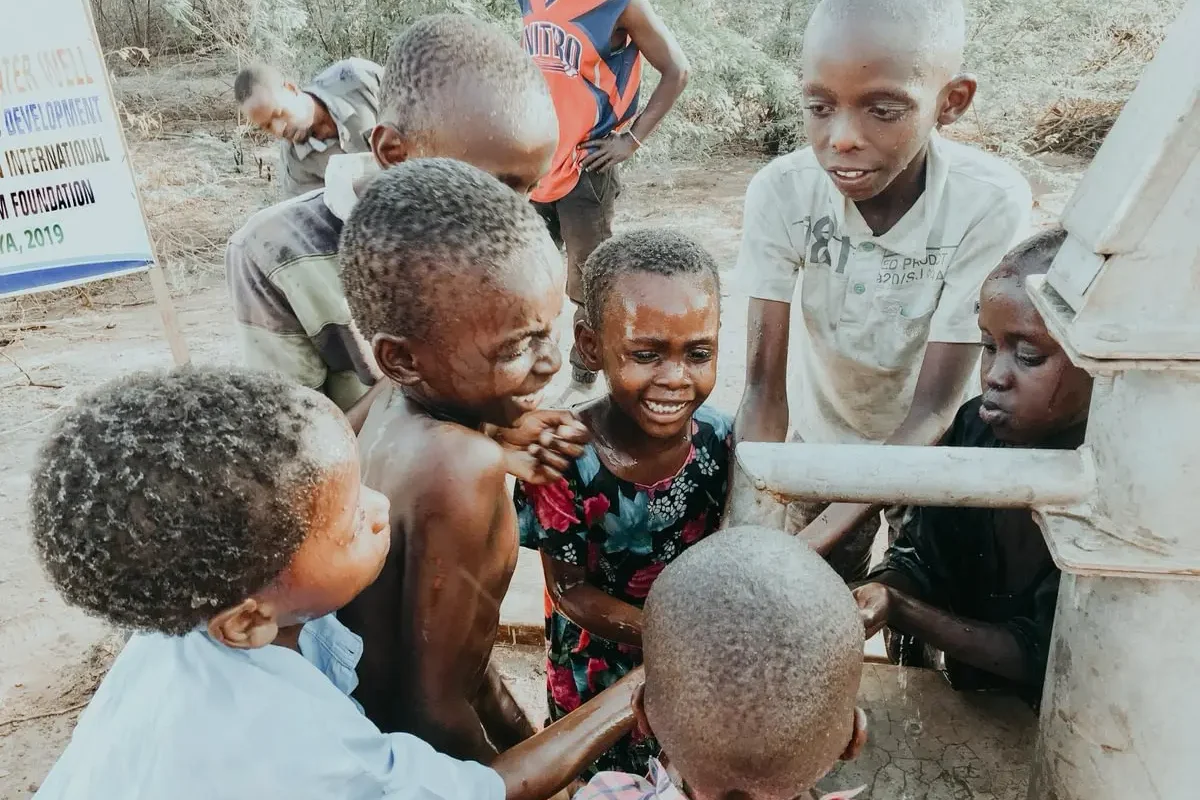
Human Concern International is the oldest Muslim relief organization in Canada, fighting poverty for over 45 years.
We are a registered charity with the CRA. Charitable Registration No. 107497125 RR 0001